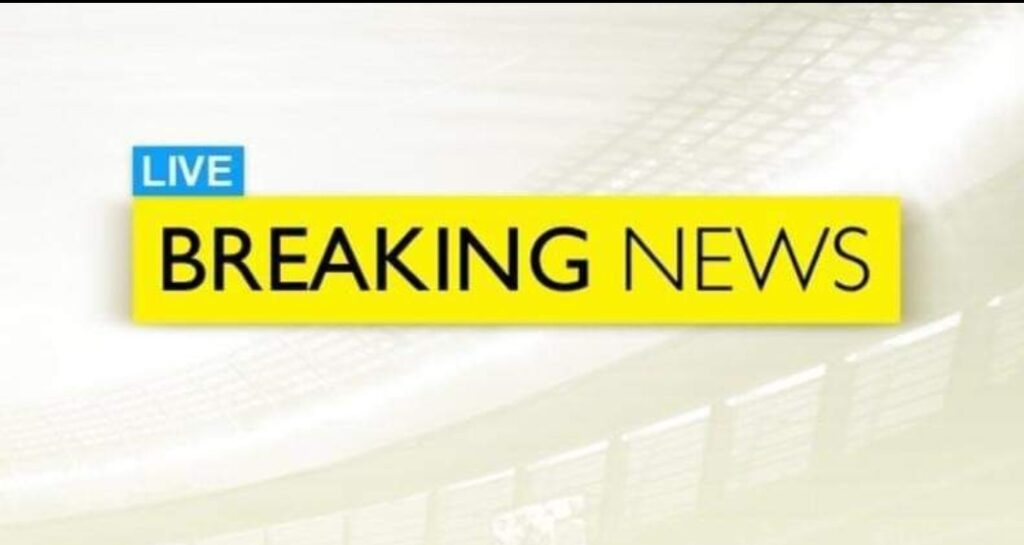Chelsea’s substitutions are under intense scrutiny following a disappointing draw at Stamford Bridge, and there are unmistakable reasons behind the criticism. Chelsea fans are left ruing what feels like two dropped points in a match that unfolded in agonizing fashion.
Initially, the Blues appeared to be in complete control, leading 2-0, until Robert Sanchez committed a costly blunder by carelessly giving the ball away, which subsequently allowed the Gunners to stage a comeback. Arsenal swiftly capitalized on this opportunity, adding a second goal, and this turn of events led supporters to engage in the blame game.
In the aftermath of this frustrating draw, it’s evident that many Chelsea fans are keen to point fingers at Sanchez. However, it’s equally clear that there’s a desire to find someone else to hold accountable for the disappointing result.
One consensus that emerged among fans was their criticism of Mauricio Pochettino’s substitutions. These decisions were met with mixed feelings. Nicolas Jackson took the place of Mykhailo Mudryk in the 64th minute, Raheem Sterling was substituted for Noni Madueke in the 84th minute, and Reece James was also replaced by Cole Palmer. A substantial portion of the Chelsea faithful believed that the substitutions, which disrupted the chemistry of the initial attacking trident, were the turning point that led to the loss of the offensive threat.
While it’s tempting to concur that these substitutions didn’t exactly help Chelsea’s cause, it’s essential to recognize that the team appeared to be on the path to victory before an individual mistake altered the course of the game. Up to that point, there were no doubts about the wisdom of making those substitutions.
The disappointing draw has sparked fervent discussions among fans, pundits, and analysts, each offering their perspective on what went wrong and who bears responsibility for Chelsea’s inability to secure a victory. The performance of the substitutes is just one of the many aspects that have come under scrutiny.
It’s essential to acknowledge the complexity of managing a football team. Making substitutions is a delicate art, as it involves evaluating the current state of the game, the fitness of the players, and the tactical considerations. When the initial trident of attackers showed signs of fatigue or ineffectiveness, Pochettino opted to make changes in the hope of injecting fresh energy and creativity into the team’s performance.
However, as is often the case in football, results are what ultimately matter, and the outcome of the game can significantly influence the perception of the substitutions. In this particular match, the timing of the substitutions coincided with Arsenal’s resurgence, and the momentum shifted in their favor. This unfortunate sequence of events amplified the scrutiny on the substitutes and led to questions about whether different choices could have yielded a more favorable result.
In the world of football, hindsight can be a harsh judge. It’s easy to criticize decisions in the aftermath of a game, especially when it doesn’t go as planned. Yet, it’s important to remember that managers and coaches make substitutions based on their assessment of the situation in real-time. They don’t have the luxury of knowing the exact outcome of each decision.
The disappointment and frustration among Chelsea fans are understandable. They had a taste of victory, only to see it slip away in the dying moments of the match. It’s natural to seek explanations and assign blame. However, it’s crucial to maintain a balanced perspective and consider the broader context in which these decisions were made.
In football, as in life, there are no guarantees. Substitutions are a calculated risk, and their success or failure often hinges on factors beyond anyone’s control. While the substitutes may have come under the spotlight for this draw, it’s essential to remember that football is a team sport, and the outcome of a match is the result of collective efforts, not the actions of a single individual or a group of substitutes.
Ultimately, Chelsea’s draw with Arsenal serves as a reminder of the unpredictable and dramatic nature of football. It’s a sport where emotions run high, and split-second decisions can have far-reaching consequences. The disappointment may linger, but it’s important for fans and analysts to appreciate the complexities of the game and the challenging decisions that managers must make in the heat of the moment. In the quest for success, there will be both triumphs and setbacks, and the true measure of a team’s character lies in how they respond to adversity and continue to strive for excellence.
